Education advocate Fanny Jackson Coppin had a tremendous impact over the course of her life, as she constantly fought for equal access to higher education for women throughout the nation. In Washington D.C., she was unfortunately born into slavery like the many before her. Her freedom was granted when her aunt purchased it at the tender age of 12. Rather than squander it on meaningless things, Coppin set out on a mission to not only improve herself, but the rest of the world. Besides being a pioneer in education she was still known as a soft spoken, gracious and well educated woman with a lot of ambition.
In her early years, Coppin spent time serving under author George Henry Calvert, learning many things with his tutelage. After learning as much as she could, she took the bold step of enrolling into Oberlin College. Now, this is where things take a very fascinating turn; as this was in 1860, not only blacks were looked down upon, but women were still treated like second class citizens. Oberlin College was the only college in the United States to not only accept black students, but female students as well. It gave Coppin the best opportunity to receive an education on the same level as men.
Not only did she enroll when very few women did, but she excelled in the same courses as the men of the school. She was the first African American student selected to be a part of the College’s preparatory department. Along the way, she was also part of the Young Ladies Literary Society, a well-respected group at the school. She also had established a reputation for establishing a night school in Oberlin, which was dedicated to the education of freed slaves, and was highly successful at pushing them in the right direction after freedom. By her graduation in 1865, she was one of the top female students in the school’s history at the time.
Her life after college was equally as successful, as she worked as a high school teacher for Philadelphia’s Institute for Colored Youth and taught Greek, Latin, and Mathematics. She also served as the principal of the Ladies Department of the Institute. In 1869, Fanny Jackson was appointed as the principal of the school, becoming the first African American woman to become a school principal. She was eventually promoted to the role of superintendent by the board of education, thus becoming the first African American superintendent of a school district in the United States; nevertheless, she went back to the being a school principal. After 37 years at the Institute, she retired to join her husband, Rev. Levi Jenkins Coppin, as a missionary in South Africa. During their time in the African nation, the couple founded the Bethel Institute in South Africa.
Coppin proved that when you get a second chance at life that you shouldn’t waste it. She not only opened doors for other African Americans, but continued to hold it opened for those with the strength to walk through it. About a decade after her death in 1926, a teacher training school in Baltimore was named after the accomplished educator, the Fanny Jackson Coppin Normal School (now Coppin State University)
sources
http://www.blackpast.org/aah/coppin-fannie-jackson-1837-1913
https://new.oberlin.edu/about/history.dot

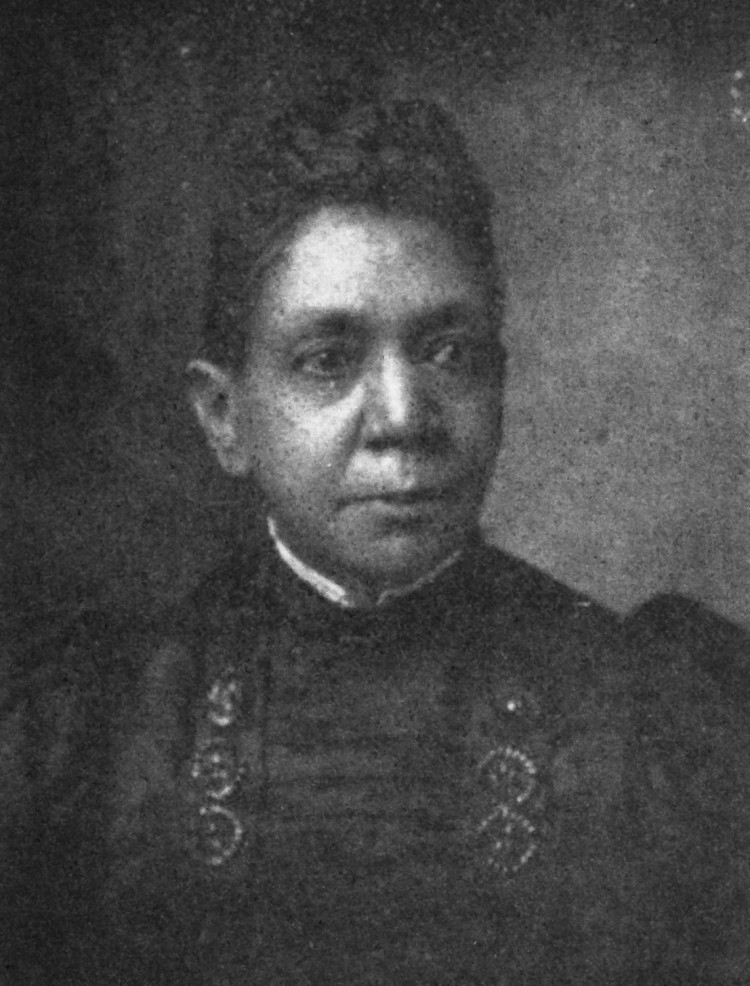



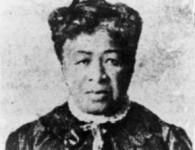
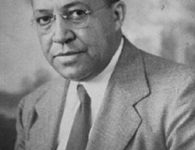



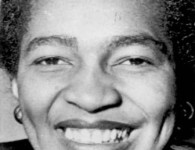


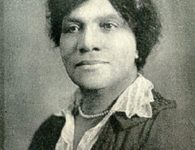



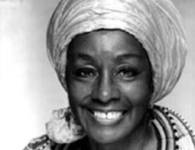



No comments